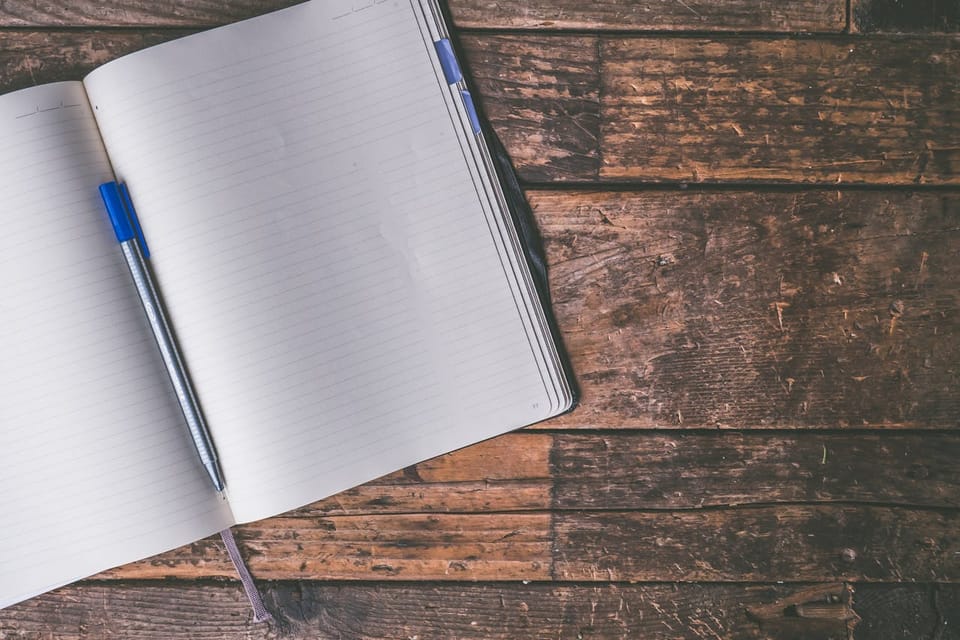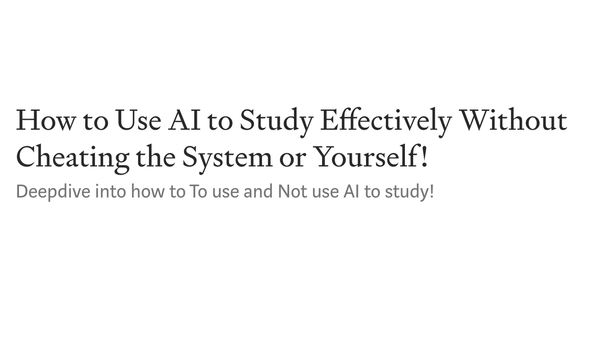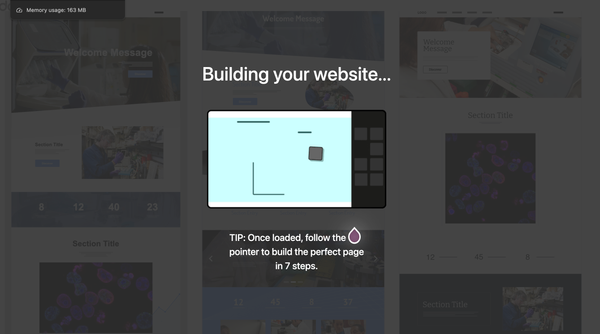Everything to Know About Hiring an Editor
Table of Content
Throughout your writing career, you will face loads of challenges, which is why you should know how to deal with them effectively. For instance, when you will work on your first draft, you will need someone’s help to clean it up.
This aspect means that your book will make a round of several critiques and other writers before you can see it as an actual draft. However, if you hire a book editor or hire one of the best freelance copy editors, the copy editor will surely make the pages bleed.
The thing is that if you don’t hire a copy editor for your book, your book reviews will be awful.
You Need an Editor
Bad grammar is what will make your published book fail. However, we cannot rule out the chance that you might get bad reviews nonetheless – with or without an editor. The reason is that there will always be readers who simply won’t connect with your book.
So, reviews are subjective to the reader’s perceptions of your book. This aspect indicates that you might not even get the chance to connect with your readers, especially when poor grammar and poor plot delivery pull them out of your story.
If you are wondering about your grammar skills and believe that you could do without an editor, you might want to ask J.K. Rowling or Stephen King whether they do without an editor. Their answers will definitely make you reconsider your options and you might want to hire a copy editor to help you from the chances of misery and failure.
What Kind of Editor Do You Need
Now that we have established the fact that you cannot do without an editor if you are serious about your writing career, the next question that you will want to ask yourself is about the kind of editor that you need.
You should do a search for the different types of editors out there. If you do that, you will quickly realize that the definitions don’t match up. However, this will hopefully give you a solid place to start. Now, when it comes to the various types of editors, you should know that developmental editors look at the big picture and provide you constructive feedback on the overall plot, arc, theme, and characters.
On the other hand, a line editor tends to zoom into the word choice and review. They will also focus on word repetition and ensure that nothing is obscure and that everything is clear. Now, a copy editor will clean up the spelling, grammar, and punctuation in your manuscript.
Their rules will typically be based on the Chicago Manual of Style. Once you are done with the editing part, you will want to send your manuscript to a proofreader, as it is their job to give your book a final once-over to check for typos and spelling errors before you proceed to publish your book.

Of course, you can disagree with this list and their definition but the definitions aren’t important at this point. What is important is that you actually think about the various options out there and what you can do or who can help make your book better.
Many newbie writers think that they only need line and copy editing. However, if you were to ask a published author, they would argue that developmental editing is just as important as copy editing. When your partner or a loved one reads your story, they are going to accept things by default because they know you.
Even worse – your loved ones, such as family and friends, might gloss over things that don’t make sense. This aspect perfectly explains why you need a professional editor on board who will be unbiased and give you honest feedback.
Our loved ones don’t want to hurt our feelings, which perfectly explains why they aren’t reliable regarding honest criticism and valuable feedback. Now, if you hire someone for this, they will be doing their job while letting you know where your writing is terrible and what you can improve.
This aspect indicates that while your loved ones will be kind to you, a developmental editor won’t be kind. Your readers won’t be kind, too. Your readers won’t be kind to you, either.
Find an Editor
Now that you know about the different editors and how they can help you improve your work, the next step is to find an editor. You can find editors through other authors that you might admire – because – obviously, as an aspiring author, you will certainly have favorite books and authors.
Often, editors are credited on a book’s Amazon page. Editors are also credited on physical books. You can find editors on the copyright page of books as well. Also, you can always do a Google search, as there are plenty of author forums out there.
Editors looking for jobs sometimes post on job and freelancing sites.

What Should You Expect?
When you hire an editor, there are several things that you can expect. If you find an editor, you should reach out through email and see whether they are interested. The editor, at this point, might ask for a chapter and send you back the chapter in pieces.
Of course, the professional editor will be doing their job, which means that their edits will be solid and their recommendations will be fair. So, after you receive the first feedback and you have wiped off your tears, you will want to move to the next step, which is to hire them.

The first exchange is crucial as it allows you to see an example of their work, and you will be able to gauge whether they understand your writing style and voice. A developmental editor might ask you to rework your characters – and you might not agree at first – but it is for your own good.
Now, if you are self-publishing, you are practically allowed to do what you want, which means you don’t necessarily have to take all the advice. But- you will want to learn from your mistakes, which is why hiring an editor and listening to their advice lies in your best interest.












